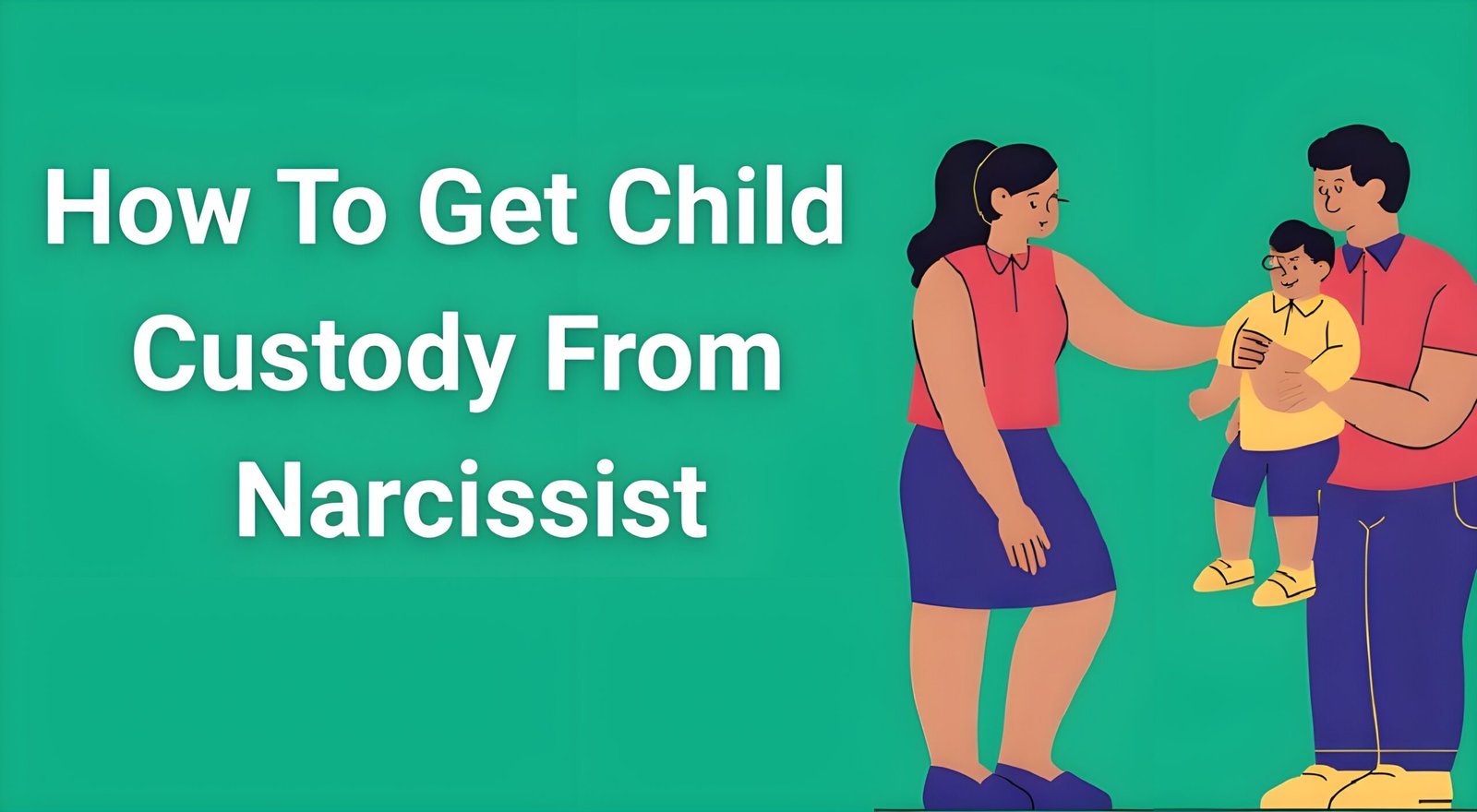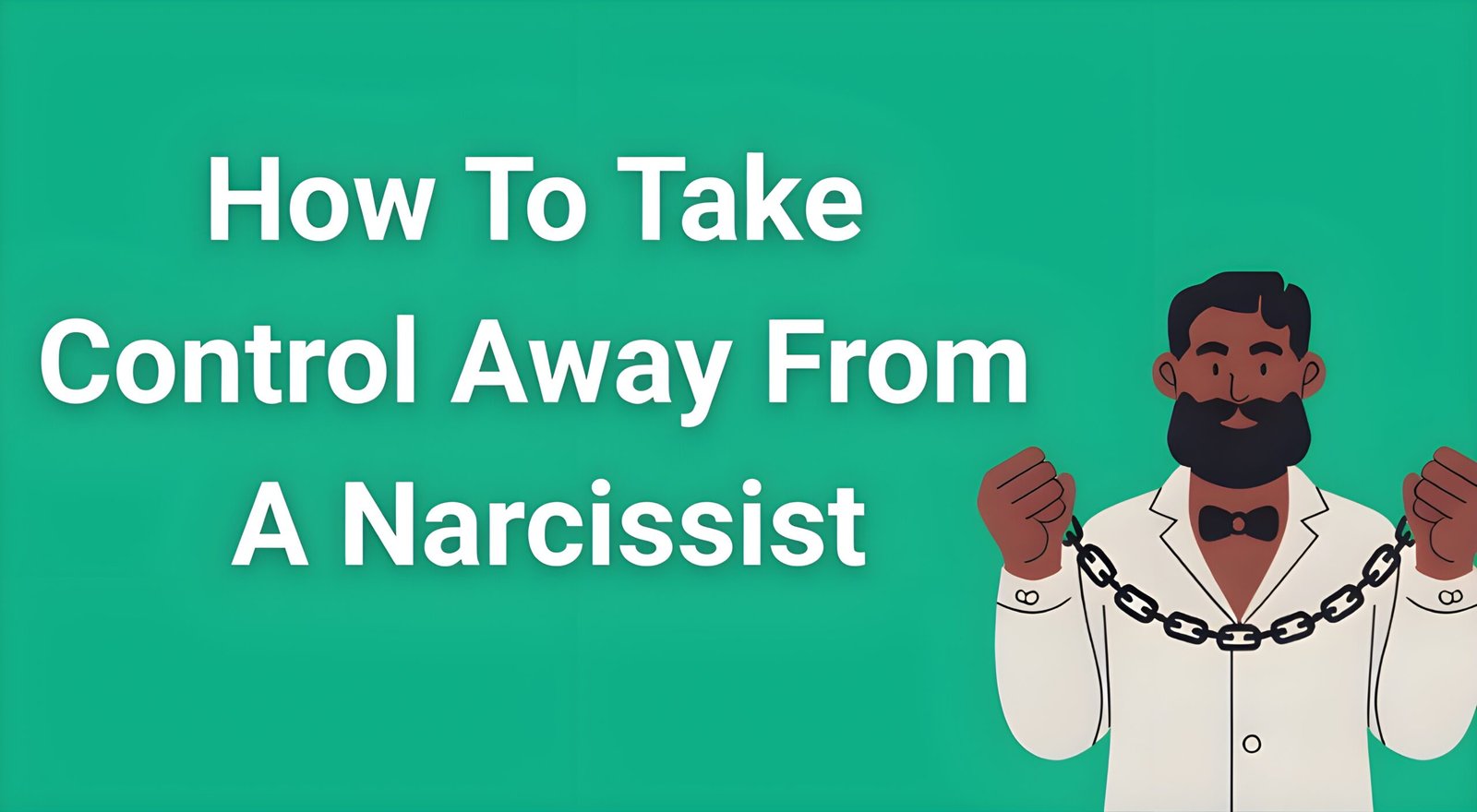Do narcissists feel guilt? 7 facts that will shock you – this question haunts every survivor who has watched their narcissistic abuser cry, apologize, and promise to change, only to repeat the same harmful patterns within days or weeks. After working with thousands of survivors through NarcissismExposed.com as a Certified Narcissistic Abuse Specialist, I can tell you that understanding the truth about narcissistic guilt will either validate your deepest suspicions or completely shatter your remaining illusions about their capacity for genuine remorse.
- Understanding the Narcissistic Guilt Paradox
- Fact #1: Do Narcissists Feel Guilt? They Feel Shame About Getting Caught, Not Guilt About Causing Harm
- Fact #2: Do Narcissists Feel Guilt? Their “Remorse” Has an Expiration Date
- Fact #3: Do Narcissists Feel Guilt? They Use Performed Guilt as Emotional Manipulation
- Fact #4: Do Narcissists Feel Guilt? They Feel Worse About Apologizing Than About the Original Harm
- Fact #5: Do Narcissists Feel Guilt? Their Brain Actually Processes Moral Emotions Differently
- Fact #6: Do Narcissists Feel Guilt? They Experience “Guilt” Only When It Serves Their Self-Interest
- Fact #7: Do Narcissists Feel Guilt? They Weaponize Your Guilt While Feeling None Themselves
- The Manipulation Behind “Guilty” Behaviors: Do Narcissists Feel Guilt? Understanding the Performance
- Breaking Free: How Understanding Do Narcissists Feel Guilt? 7 Facts That Will Shock You Helps Your Healing
- Key Takeaways: Do Narcissists Feel Guilt? 7 Facts That Will Shock You
- Frequently Asked Questions
The devastating reality is that narcissists experience guilt in fundamentally different ways than healthy individuals, often using performed guilt as a manipulation tool while rarely experiencing the genuine remorse that leads to lasting behavioral change. This isn’t about whether they’re capable of feeling bad – it’s about understanding that their version of “guilt” serves their ego rather than reflecting genuine concern for the people they’ve harmed.
What makes this particularly confusing for survivors is that narcissists can appear genuinely remorseful, crying real tears and making heartfelt apologies that seem authentic. However, the neurological and psychological reality behind these displays reveals shocking truths that explain why their guilt never translates into sustained change or authentic accountability.
Understanding these seven shocking facts about narcissistic guilt is crucial for your healing because it validates your experience that something always felt “off” about their apologies, even when they seemed sincere.
Understanding the Narcissistic Guilt Paradox
Before we explore the specific facts about how narcissists experience guilt, it’s essential to understand why this topic creates so much confusion for survivors and why the question “do narcissists feel guilt? 7 facts that will shock you” reveals such complex psychological dynamics.
Narcissists exist in a psychological paradox where they simultaneously experience intense shame about their inadequacies while showing little genuine guilt about their impact on others. This creates a confusing emotional landscape where they can appear deeply remorseful while lacking the fundamental emotional responses that would motivate lasting change.
The Shame Versus Guilt Distinction
Understanding the difference between shame and guilt is crucial for comprehending narcissistic emotional responses. Research from the Journal of Personality and Social Psychology reveals that narcissists experience high levels of shame (feelings about themselves) while showing significant deficits in genuine guilt (feelings about their impact on others).
Shame focuses on the self: “I am a bad person” Guilt focuses on behavior: “I did something that hurt someone I care about”
Narcissists primarily experience shame-based responses that sound like guilt but serve entirely different psychological functions. When a narcissist says “I feel terrible about what I did,” they’re usually expressing shame about how their actions reflect on their self-image rather than genuine concern for the person they harmed.
This distinction explains why their “guilt” often feels performative or self-serving to survivors – because it is. Their emotional distress centers on their wounded ego rather than empathetic concern for their victim’s wellbeing.
Fact #1: Do Narcissists Feel Guilt? They Feel Shame About Getting Caught, Not Guilt About Causing Harm
The first shocking fact about narcissistic guilt is that what appears to be remorse is usually shame about being exposed or facing consequences rather than genuine concern for the people they’ve hurt. This distinction is crucial for understanding why their “guilt” never leads to lasting change.
When narcissists appear guilty, they’re typically responding to:
- Being caught in lies or manipulative behavior
- Facing potential consequences like relationship loss or damaged reputation
- Having their carefully constructed image threatened or exposed
- Losing control over their victim’s perceptions or reactions
- Experiencing narcissistic injury from criticism or accountability
Their emotional distress focuses on:
- How the situation makes them look bad
- Potential losses to their lifestyle, relationships, or status
- Damage to their carefully crafted public image
- Loss of control over the narrative or their victim’s loyalty
- Their own discomfort rather than their victim’s pain
This explains why:
- Their apologies focus more on their suffering than your healing
- They become defensive when you don’t immediately forgive them
- They expect their emotional distress to be comforted rather than focusing on making amends
- They repeat the same harmful behaviors despite seeming genuinely sorry
- Their “remorse” disappears once consequences are avoided or forgiveness is obtained
One survivor shared: “He would cry and apologize so convincingly that I always believed him. But I noticed he never asked how his behavior affected me – he only talked about how bad he felt about himself. The tears were real, but they were for him, not for me.”
Fact #2: Do Narcissists Feel Guilt? Their “Remorse” Has an Expiration Date
The second shocking fact is that narcissistic guilt has a remarkably short shelf life, disappearing as soon as the immediate threat to their ego or lifestyle is removed. Unlike genuine remorse, which tends to deepen over time as people fully comprehend their impact, narcissistic “guilt” evaporates quickly once its purpose is served.
The remorse timeline typically follows this pattern:
- Crisis Phase: Intense emotional displays when caught or facing consequences
- Performance Phase: Elaborate apologies and promises to change
- Relief Phase: Emotional calm once forgiveness is obtained or consequences avoided
- Amnesia Phase: Minimizing or forgetting their previous emotional state
- Repeat Phase: Return to previous harmful behaviors without apparent memory of their “guilt”
This pattern reveals that their guilt serves immediate tactical purposes rather than reflecting lasting emotional learning or growth. Genuine guilt tends to create lasting motivation for behavioral change, while narcissistic “guilt” simply serves to manage immediate consequences.
Warning signs of time-limited remorse:
- Dramatic emotional displays that disappear unusually quickly
- Reluctance to discuss their behavior once the immediate crisis passes
- Minimizing their previous emotional state (“I wasn’t that upset”)
- Returning to harmful patterns without acknowledging their recent promises
- Treating their emotional displays as proof of their good character rather than motivation for change
Research from the American Journal of Psychiatry confirms that narcissistic individuals show rapid emotional recovery from situations that would create lasting remorse in healthy individuals, suggesting fundamental differences in how they process moral emotions.
Fact #3: Do Narcissists Feel Guilt? They Use Performed Guilt as Emotional Manipulation
The third devastating fact is that narcissists often weaponize the appearance of guilt to manipulate their victims into providing comfort, forgiveness, and continued loyalty. This performed remorse is so sophisticated that even trained professionals can be fooled by its apparent authenticity.
Performed guilt serves multiple manipulation functions:
- Creating sympathy that prevents consequences for their actions
- Positioning themselves as the victim of their own bad choices
- Generating emotional labor from their victims who feel compelled to provide comfort
- Demonstrating their supposed capacity for growth and change
- Maintaining their victim’s hope that the relationship can improve
The performance typically includes:
- Tears that appear genuine and spontaneous
- Self-deprecating language that generates sympathy
- Promises of change that sound heartfelt and specific
- Emotional vulnerability that creates intimacy and bonding
- Apparent insights about their behavior that suggest self-awareness
However, the manipulation becomes apparent through:
- Focus on their own suffering rather than their victim’s healing needs
- Expectations that their emotional display should be rewarded with immediate forgiveness
- Anger or resentment when their “remorse” doesn’t generate the desired response
- Inability to maintain accountability once the emotional intensity passes
- Using their capacity for “guilt” as evidence of their fundamental goodness
The neurological reality is that narcissists can intellectually understand what guilty responses should look like and perform them convincingly without experiencing the genuine emotional states that would motivate lasting change.
Fact #4: Do Narcissists Feel Guilt? They Feel Worse About Apologizing Than About the Original Harm
The fourth shocking fact is that narcissists often experience more genuine distress about having to apologize than they felt about the original harmful behavior. This reveals the fundamental self-focus that characterizes their emotional processing and explains why their apologies often feel begrudging or incomplete.
The apology itself threatens their ego because:
- Admitting wrongdoing challenges their grandiose self-image
- Apologizing puts them in a temporarily submissive position
- Acknowledging harm requires recognizing others’ independent emotional experiences
- Taking responsibility conflicts with their need to maintain superiority
- Showing vulnerability feels dangerous to their carefully constructed persona
This internal conflict manifests as:
- Apologies that include justifications or blame-shifting (“I’m sorry, but you…”)
- Minimizing their behavior while appearing to take responsibility
- Focusing on their discomfort with apologizing rather than the impact of their actions
- Expecting praise or appreciation for their willingness to apologize
- Resentment toward their victim for “making them” apologize
The emotional hierarchy reveals their true priorities:
- Protecting their ego and self-image (highest priority)
- Avoiding consequences and maintaining control
- Managing their victim’s reactions and loyalty
- Genuine concern for their victim’s wellbeing (lowest priority)
This explains why their apologies often feel hollow or manipulative – because the narcissist is primarily focused on protecting themselves rather than healing the relationship or addressing their victim’s pain.
Fact #5: Do Narcissists Feel Guilt? Their Brain Actually Processes Moral Emotions Differently
The fifth scientific fact that shocks most people is that narcissists have measurable neurological differences in brain regions responsible for processing guilt, empathy, and moral emotions. This isn’t a character choice – it’s a biological reality that limits their capacity for genuine remorse.
Neuroimaging studies reveal:
- Reduced activity in the anterior cingulate cortex, which processes emotional empathy and moral concern
- Hyperactivity in brain regions associated with self-focus and reward-seeking
- Impaired functioning in areas responsible for perspective-taking and considering others’ experiences
- Different neural activation patterns when processing moral dilemmas compared to healthy individuals
Research from Harvard Medical School shows that when narcissists encounter moral situations, their brains show significantly less activation in areas associated with:
- Emotional empathy and shared suffering
- Moral reasoning that considers others’ wellbeing
- Long-term consequences of their actions on relationships
- Integration of emotional and logical responses to moral dilemmas
This neurological reality means:
- Their “guilt” responses are often intellectually constructed rather than emotionally felt
- They may understand that guilt is expected without genuinely experiencing it
- Their moral reasoning focuses primarily on consequences to themselves
- The neurological basis for sustained remorse and behavioral change is significantly impaired
Understanding this helps explain why even seemingly sincere guilty responses from narcissists rarely translate into lasting behavioral change – the neurological infrastructure for genuine moral emotion and sustained remorse is fundamentally different.
Fact #6: Do Narcissists Feel Guilt? They Experience “Guilt” Only When It Serves Their Self-Interest
The sixth shocking revelation is that narcissistic “guilt” appears and disappears based entirely on whether it serves their immediate self-interest rather than reflecting genuine moral or emotional responses. This strategic deployment of guilt-like emotions reveals the calculated nature of their emotional displays.
Narcissistic “guilt” appears when:
- They’re facing potential consequences for their behavior
- Their victim is threatening to leave or establish boundaries
- Their public image or reputation is at risk
- They need to regain control over a situation or relationship
- Other manipulation tactics have failed to achieve their goals
Narcissistic “guilt” disappears when:
- They’ve achieved their immediate objectives (forgiveness, avoiding consequences)
- They’ve secured their victim’s continued loyalty and investment
- The threat to their lifestyle or relationships has passed
- They’ve found alternative sources of narcissistic supply
- They’re confident their victim won’t actually follow through on threats
This pattern reveals several disturbing truths:
- Their emotional responses are primarily tactical rather than authentic
- They can “turn on” guilt when it serves their purposes and “turn it off” when it doesn’t
- Their capacity for remorse is directly tied to potential personal losses
- They monitor their victim’s responses to calibrate the appropriate level of “guilt” to display
- Their emotional displays are performances designed to achieve specific outcomes
The strategic nature of their guilt explains why:
- Their remorse feels manipulative or performative to their victims
- The intensity of their “guilt” correlates with the severity of potential consequences
- They show no guilt about behaviors that don’t threaten their lifestyle or image
- Their emotional displays feel calculated rather than spontaneous
- They become angry when their “guilt” doesn’t generate the desired response
Fact #7: Do Narcissists Feel Guilt? They Weaponize Your Guilt While Feeling None Themselves
The seventh and perhaps most shocking fact is that narcissists are experts at inducing guilt in others while remaining largely immune to genuine guilt themselves. This asymmetrical guilt dynamic creates a psychological trap that keeps victims constantly questioning their own actions while excusing their abuser’s behavior.
Narcissists induce guilt in their victims through:
- Claiming their harmful behavior was caused by their victim’s actions
- Positioning themselves as the wounded party who deserves sympathy
- Using their victim’s empathy and moral conscience against them
- Creating false equivalencies between minor victim responses and major narcissistic abuse
- Exploiting their victim’s love and commitment to make them feel responsible for the relationship’s problems
Meanwhile, they remain largely immune to genuine guilt because:
- Their neurological architecture processes moral emotions differently
- They interpret their victim’s pain as evidence of weakness rather than reason for remorse
- They view relationship problems as their victim’s responsibility rather than their own
- They lack the emotional empathy necessary for genuine concern about their impact on others
- They experience their victim’s distress as validation of their power rather than motivation for change
This creates a devastating dynamic where:
- The victim constantly analyzes their own behavior for signs of wrongdoing
- The narcissist feels justified in their harmful actions
- The victim takes responsibility for relationship problems they didn’t create
- The narcissist benefits from their victim’s guilt without experiencing reciprocal accountability
- The victim’s moral conscience becomes a weapon used against them
The psychological impact on victims includes:
- Chronic self-doubt about their own perceptions and actions
- Taking excessive responsibility for their abuser’s emotions and behaviors
- Feeling guilty for normal emotional responses to mistreatment
- Difficulty trusting their own moral compass and judgment
- Exhaustion from constantly monitoring their own behavior for potential “faults”
The Manipulation Behind “Guilty” Behaviors: Do Narcissists Feel Guilt? Understanding the Performance
Understanding how narcissists weaponize the appearance of guilt helps survivors recognize manipulation tactics and trust their instincts when something feels “off” about their abuser’s remorse.
The Guilty Performance Checklist
Survivors often ask “do narcissists feel guilt? 7 facts that will shock you” because they’ve witnessed convincing displays of remorse that felt somehow inauthentic. Learning to recognize the difference between performed and genuine guilt is crucial for protecting yourself from manipulation.
Signs of performed guilt include:
- Emotional displays that feel slightly too dramatic or perfectly timed
- Focus on their own suffering rather than your healing needs
- Expectations that their “guilt” should be immediately rewarded with forgiveness
- Anger or resentment when their remorse doesn’t generate the desired response
- Inability to maintain accountability once the emotional intensity passes
- Using their capacity for “feeling bad” as evidence of their fundamental goodness
Genuine remorse typically includes:
- Sustained focus on the impact of their actions on others
- Willingness to make concrete amends without expectation of immediate forgiveness
- Patience with their victim’s healing process and timeline
- Consistent behavioral changes that demonstrate learning from their mistakes
- Accountability that persists even when convenient to abandon it
- Recognition that feeling bad is insufficient without corresponding action
Red flags that guilt is being weaponized:
- Their emotional distress becomes your responsibility to manage
- You find yourself comforting them about their “guilt” rather than processing your own pain
- Their remorse comes with implicit or explicit demands for forgiveness
- They use their capacity for guilt as evidence that they’re changing
- You feel guilty for not immediately accepting their apologies
- Their emotional displays feel calculated to achieve specific responses
Breaking Free: How Understanding Do Narcissists Feel Guilt? 7 Facts That Will Shock You Helps Your Healing
Understanding the reality of narcissistic guilt is crucial for survivors because it validates their instincts about their abuser’s inauthentic remorse while providing clarity about manipulation tactics they’ve experienced.
Validating Your Perceptions
If you’ve ever felt that something was “off” about your narcissistic abuser’s apologies or guilt, your instincts were accurate. The performed nature of narcissistic remorse creates a sense of cognitive dissonance in victims who recognize that the emotional display doesn’t match the lack of behavioral change.
Your confusion was normal because:
- Their emotional displays often appear genuine and convincing
- Healthy people assume others experience guilt similarly to themselves
- The manipulation is sophisticated enough to fool even trained professionals
- Your empathy and moral conscience made you want to believe their remorse was real
- The intermittent reinforcement of genuine-seeming apologies created trauma bonds
Trust these red flags you may have noticed:
- Their guilt felt more about them than about you
- Their apologies came with implicit demands for immediate forgiveness
- They seemed to forget their previous emotional states unusually quickly
- Their remorse disappeared once they achieved their immediate goals
- You felt manipulated even when they appeared genuinely sorry
Protecting Yourself from Guilt Manipulation
Understanding narcissistic guilt manipulation helps you develop strategies to protect yourself from future emotional manipulation while maintaining your own healthy capacity for empathy and accountability.
Protection strategies include:
- Evaluating people’s consistency between emotional displays and sustained behavioral changes
- Recognizing that genuine remorse includes patience with your healing process
- Understanding that authentic guilt motivates lasting change rather than just emotional relief
- Learning to trust your instincts when something feels “off” about someone’s apologies
- Maintaining boundaries regardless of emotional displays or promises to change
Remember that:
- Your emotional responses to manipulation were appropriate reactions to inappropriate behavior
- Questioning someone’s authenticity when their actions don’t match their words is healthy skepticism
- You deserve relationships with people capable of genuine remorse and sustained behavioral change
- Understanding narcissistic limitations helps you set realistic expectations for future interactions
- Your healing doesn’t depend on their capacity for genuine guilt or accountability
Key Takeaways: Do Narcissists Feel Guilt? 7 Facts That Will Shock You
Understanding the reality of narcissistic guilt provides crucial insight into why their apologies never led to lasting change and validates your instincts that something always felt “off” about their remorse.
Remember these shocking facts:
- They feel shame about getting caught, not guilt about causing harm – their emotional distress focuses on their wounded ego rather than concern for their victims
- Their “remorse” has an expiration date – narcissistic guilt disappears quickly once its tactical purpose is served
- They use performed guilt as emotional manipulation – their displays of remorse are often calculated to generate sympathy and avoid consequences
- They feel worse about apologizing than about the original harm – the threat to their ego from admitting wrongdoing exceeds their distress about hurting others
- Their brain processes moral emotions differently – neurological differences limit their capacity for genuine remorse and sustained accountability
- They experience “guilt” only when it serves their self-interest – their emotional responses are strategic rather than authentic
- They weaponize your guilt while feeling none themselves – they exploit others’ moral conscience while remaining largely immune to genuine remorse
The path forward involves:
- Trusting your instincts when someone’s emotional displays feel inauthentic or manipulative
- Understanding that genuine remorse includes sustained behavioral change and patience with healing
- Protecting yourself from guilt manipulation while maintaining your own healthy capacity for empathy
- Building relationships with people capable of authentic accountability and genuine moral emotions
- Recognizing that your confusion about their guilt was a normal response to sophisticated manipulation
Understanding that narcissists rarely experience genuine guilt isn’t about becoming cynical or losing faith in human nature. When survivors ask “do narcissists feel guilt? 7 facts that will shock you,” they’re seeking validation for their experience that their abuser’s remorse never felt authentic or led to lasting change. These shocking facts provide the clarity needed to trust your own perceptions and protect yourself from future manipulation while building relationships with people capable of genuine empathy and accountability.
Your confusion about their guilt was valid, your instincts about their inauthentic remorse were accurate, and your need for genuine accountability in relationships is completely reasonable. The problem was never your ability to recognize authentic emotions – it was their inability to genuinely experience them.
Frequently Asked Questions
How can I tell the difference between genuine guilt and narcissistic manipulation?
Genuine guilt focuses on the impact on others and motivates sustained behavioral change, while narcissistic “guilt” focuses on their own suffering and serves tactical purposes. Look for consistency between emotional displays and actual behavior changes over time. Authentic remorse includes patience with your healing process, while performed guilt often comes with demands for immediate forgiveness. Trust your instincts if something feels “off” about their apologies – genuine emotion typically feels natural rather than calculated or performative.
Why do narcissists cry real tears if they don’t feel genuine guilt?
Narcissists can experience genuine emotional distress, but it’s typically shame-based (about their self-image) rather than guilt-based (about their impact on others). They may cry real tears about getting caught, facing consequences, or having their image threatened while feeling little concern for the people they’ve harmed. Their emotional distress is authentic but self-focused rather than other-focused. This explains why their tears don’t translate into lasting behavioral change or genuine accountability.
My narcissistic ex seemed genuinely sorry and promised to change. Was any of it real?
Their emotional distress may have been real, but it was likely focused on potential losses to their lifestyle, relationship, or image rather than genuine concern for your wellbeing. The promises to change were probably sincere in the moment but based on avoiding consequences rather than authentic motivation for personal growth. Narcissists often mean their promises when they make them but lack the neurological capacity for sustained empathy and accountability that would enable lasting change.
Can narcissists ever develop genuine guilt through therapy or personal growth?
While some narcissists may develop better behavioral control through therapy, the neurological differences that limit their capacity for genuine empathy and guilt are largely unchangeable. They may learn to better recognize and manage their behaviors, but the fundamental emotional architecture for authentic remorse remains impaired. Any improvements typically involve better performance of appropriate responses rather than genuine emotional development. Focus on protecting yourself rather than hoping for their transformation.
Why do I feel guilty for questioning their remorse when they seemed so sincere?
Your guilt reflects the empathy and moral conscience that make you vulnerable to manipulation. Narcissists exploit these healthy qualities by making you feel cruel or untrusting for questioning their sincerity. Remember that healthy skepticism about inconsistent behavior is self-protection, not cruelty. Your confusion about their authenticity was a normal response to sophisticated manipulation designed to make you doubt your own perceptions. Trusting your instincts when something feels “off” is essential for your safety and wellbeing.
What should I do if they try to make me feel guilty for not forgiving their apologies?
Recognize this as manipulation designed to pressure you into abandoning your boundaries and healing needs. You’re never obligated to forgive someone simply because they apologize, especially when their behavior patterns haven’t changed. Genuine remorse includes patience with your healing process rather than demands for immediate forgiveness. Trust your own timeline for processing their behavior and don’t allow their guilt manipulation to override your need for safety and healing.
How do I heal from constantly being made to feel guilty in the relationship?
Recovery from guilt manipulation requires rebuilding trust in your own moral compass and learning to distinguish between appropriate accountability and manufactured guilt. Work with a trauma-informed therapist who understands narcissistic abuse to process your experiences and develop healthy boundaries. Practice self-compassion and recognize that your emotional responses to mistreatment were appropriate. Focus on building relationships with people who demonstrate genuine empathy and accountability rather than those who weaponize your conscience against you.






